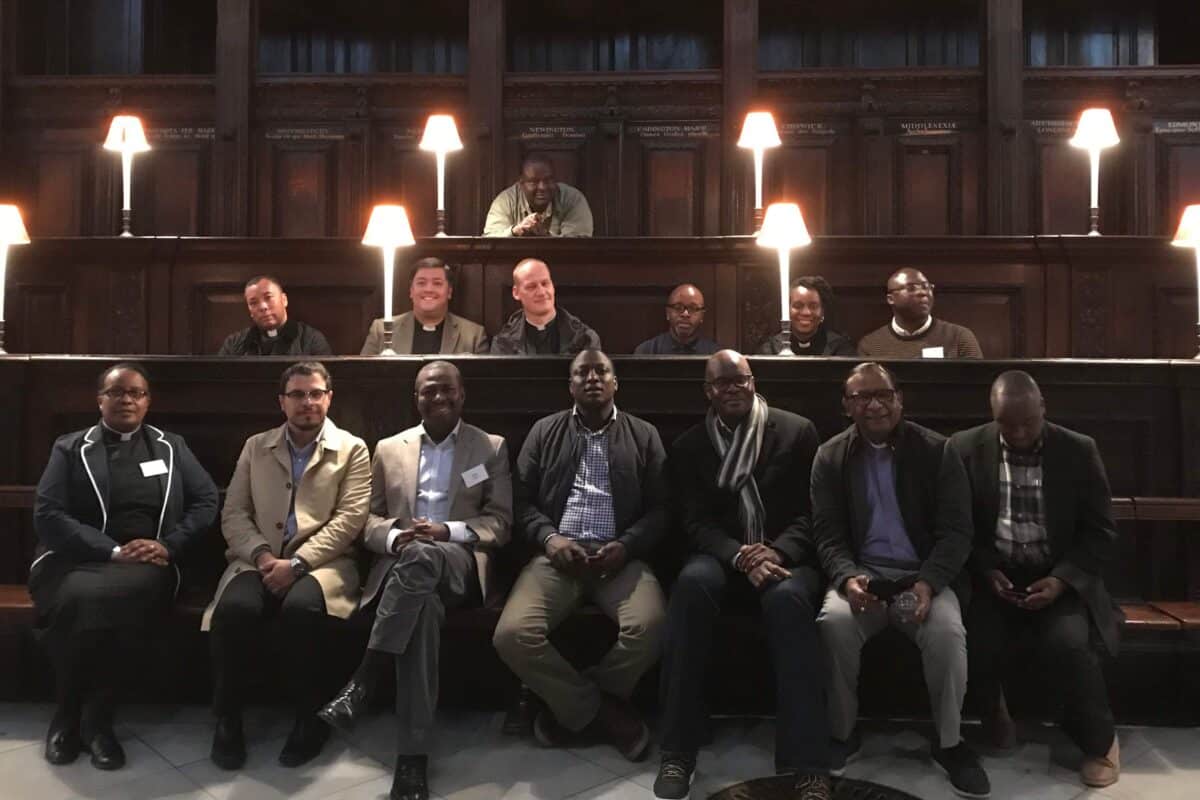Thirteen senior clergy have this week completed the inaugural Bishop Wilfred Wood Leadership Programme, which aims to position experienced Black, Asian and minority ethnic clergy for senior roles in the Church of England.
Led by the Diocese of London, the Programme complements existing initiatives working to transform the Church’s leadership to better reflect the communities it serves. The importance of this work was highlighted by the last census, which showed an increase in the number of people of Black and Asian minority ethnicities identifying as Christian. Despite this, in the Diocese of London currently just 5% of clergy and priests responsible for parishes are from BAME backgrounds, and the proportion is similarly low for senior post-holder across the whole Church of England.
This year’s pilot Programme has attracted participants from eight Dioceses across the country, and was run in partnership with the Dioceses of Southwark and Birmingham. Over the course of three residentials, the Programme’s participants have explored the responsibilities, tasks and vision required for senior positions. Each residential has featured an esteemed line-up of speakers, including Labour’s Shadow Attorney General, Baroness Chakrabarti, and The Lord Boateng, who became the UK’s first mixed-race Cabinet Minister in 2002.
The participants have also heard from senior post holders in the Church of England, many of whom occupy positions for which the Programme helps its participants prepare. The Revd Tricia Hillas, who was born in Kuala Lumpur and now serves as a Canon Pastor at St Paul’s Cathedral, and Bishop Sarah Mullally, the first female Bishop of London, both addressed attendees on the Programme’s first ever residential.
Commenting on Programme, the Rt Revd and Rt Hon Dame Sarah Mullally DBE, the Bishop of London, said:
“It was a great pleasure to meet the future clergy leaders involved in this programme, and I look forward to working alongside many of them in the years to come. We all need to be more aware of the barriers faced by people of BAME backgrounds to entering leadership roles, and work together to break them down. This is not only good for them but also the Church. I hope that the great success of this year’s Leadership Programme will help to encourage new similar initiatives to start and flourish in our Diocese and across the entire Church.”
